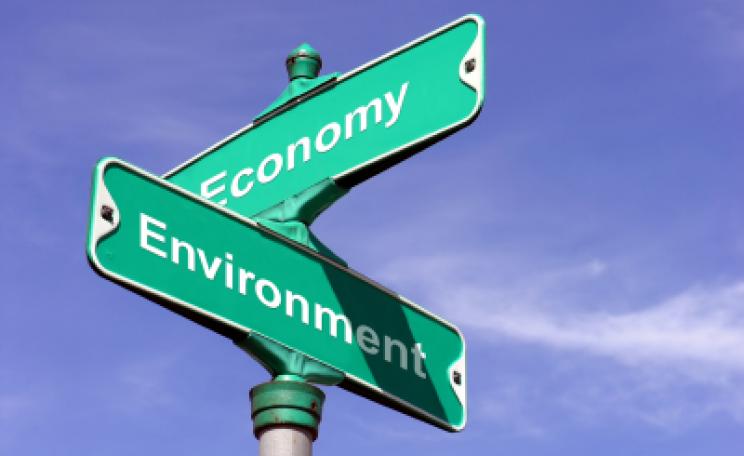I have to stop myself asking joggers why they don’t set up a static bike at home and connect to the national grid
Have you noticed the alphabet soup of parcel delivery firms that have mushroomed on our industrial estates? Market competition has multiplied the number of trucks and vans labelled PDP, DHL or UPS that trek backwards and forwards on our road network, no doubt half-empty in many cases.
Postal delivery is a clear example of what an economist would call a ‘natural monopoly’ – something it makes economic sense to have only one of. And of course until fairly recently we had just the one: it was called the Post Office, until it passed into the hands of corporate liberalisers and became ironically mislabelled the People’s Post Office.
The plethora of delivery firms must all be making profits or they wouldn’t continue in business. In conventional economic terms their existence makes sense and is efficient, efficiency being defined as whether or not something can generate surplus cash. In this case efficiency has nothing to do with the level of service received by the customer, the distance we need to travel to collect parcels that arrive when we are out, the extra traffic on our roads, and so on.
The degeneration of parcel delivery in what we like to think of as a sophisticated and modern economy into this state of chaos is a valuable illustration of the disasters caused when an economy focuses on financial efficiency rather than energy efficiency. It is another example of how our financialised economy is utterly divorced from the real physical systems that drive our planet.
Greens are often accused of wanting to go back to the horse and cart. I’m with Ivan Illich on this: I think going back as far as the bicycle is quite far enough. To me the bicycle is the ultimate efficient machine. It translates muscular energy into forward motion relatively painlessly, and is suffi ciently simple in its design to allow for home maintenance. Its components are cheap, easily available and can themselves be mended. Iris Murdoch was a fan, calling the bicycle ‘the most civilised conveyance known to man’, and claiming that, of all modes of transport, it is the only one that remains ‘pure in heart’.
The efficiency of cycling stands in stark contrast to the bizarre wastefulness of jogging. My scepticism about jogging is matched by a similar scepticism about the concepts of leisure and exercise. All three seem expressions of a decadent approach to energy that is a result of living off what Heinberg refers to as ‘energy slaves’. Only the profligate use of petroleum could have resulted in a system of economic organisation where our jobs are so sedentary and physically undemanding that we have to find excuses pointlessly to burn off energy when not working. When I meet joggers on my local cycleways I have to stop myself asking them why they don’t just set up a static bike at home and connect themselves to the national grid.
Imagine a peasant of years gone by or a farmer in today’s poorer world trying to tangle with the concept of jogging. While people like me, who are relatively puny and have spent all their lives in physically undemanding (and excessively remunerated) occupations have to be careful about romanticising manual labour, it is certainly, as Simon Fairlie has recently argued, in urgent need of rehabilitation. And we can be sure we are all going to come to know its pains and pleasures intimately as petroleum supplies dwindle. Both financial efficiency and jogging are obsolete concepts, symptoms of the economic paradigm that created mechanisms for translating fossil fuels into money. In a green economy we will learn to extract the greatest possible use from all energy expended. Our survival will depend on it.
Molly Scott Cato is a reader in green economics at the Cardiff School of Management.







